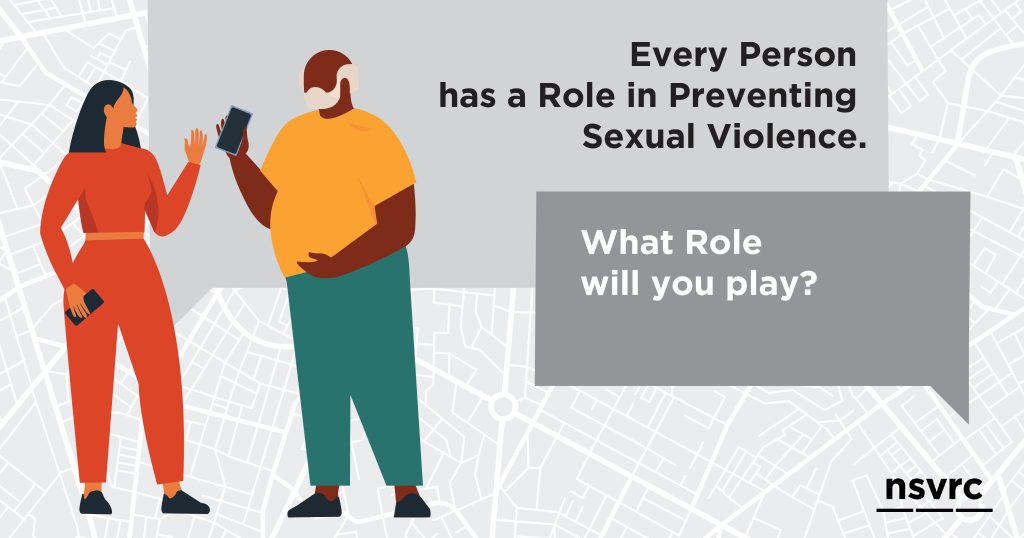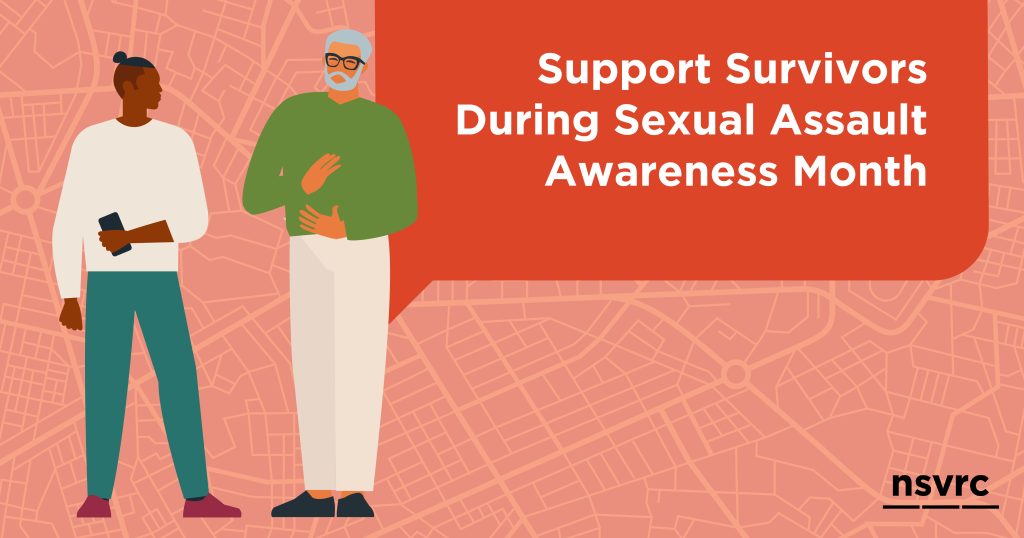National resource center sheds light on Sexual Assault Awareness Month
Through online campaign outreach and education efforts, the National Sexual Violence Resource Center connects people to local resources within their communities and offers event planning support for schools to participate in SAAM.
The National Sexual Violence Resource Center is hosting an annual nationwide Sexual Assault Awareness Month campaign this April, with a 2024 theme of Building Connected Communities.
Since the civil rights era and various movements for social change, equality and the prevention of gender-based violence in the 1940s and 50s, movements highlighting awareness for sexual assault have evolved across the nation, now encompassing online outreach more than ever.
This year marks the 23rd annual SAAM campaign, with a goal of raising public awareness of sexual violence by educating communities on prevention efforts and providing free online campaign materials.
“Building Connected Communities is aimed at helping us reduce the likelihood of sexual abuse, assault and harassment within our communities,” said Campaign Prevention Specialist Jayla Murdock of the NSVRC.
In response to a lack of funding for sexual assault awareness campaigns across college campuses or community organizations, the NSVRC provides a state directory of organizations who support survivors, along with other resources, graphics and tools for event planning.
Those materials and resources are shared with local, state and territory organizations working towards ending sexual violence and with individual advocates for social change, according to the NSVRC website.
Local resources for survivors of sexual violence include the Washington Coalition of Sexual Assault Programs, Rebuilding Hope Sexual Assault Center and the Crystal Judson Family Justice Center in Tacoma.
This was the first year that the NSVRC compiled a list of schools across the U.S. to reach out to via email for the SAAM campaign, UW being one of the schools.
No campaign connections were made between the NSVRC and UWT’s Office of the Title IX Coordinator, though the NSVRC hopes to make connections with Title IX offices and get colleges and universities across the nation involved, recognizing that young people have important connections within their diverse communities, according to Murdock.
“Sexual Assault Awareness Month is a nationwide movement to raise awareness for communities of resources, so folks know where their voices can be heard, but also on prevention and education” said the Director of Emergency Preparedness and Campus Safety of UWT, Susan Wagshul-Golden.
Campus Safety and Security is mandated by state law to report information about sexual crimes that occur on campus to the Office of the Title IX Investigator. They collect information on a trauma-informed, need-to-know basis, then publish anonymous reports on the 60-Day Crime and Fire Incident Log.

Being trauma-informed is recognizing that a survivor has a choice to tell their story and believing their recollection of the traumatic experience, according to Murdock.
The Campus Safety and Security team will make a threat assessment, refer the student to campus community resources or connect them with a care team or student advocacy coordinator who could find emergency housing provided by student affairs. The role of a Title IX investigator, however, is to handle the actual investigation and contact the individual who reported the crime, according to Wagshul-Golden.
Requests for campus safety escorts can be made without question every hour, seven days a week within the UWT campus boundaries on the Campus Safety and Security website.
Students, staff and faculty of UW are encouraged to fill out a Title IX reporting form to report an experience of sexual violence on or off-campus, which can be completed anonymously.
Wagshul-Golden advises individuals on campus to call 9-11 during an ongoing crime to ensure the quickest response. A 9-11 dispatcher will then notify Campus Safety and Security of the crime, so they can publish a timely safety alert for ongoing threats, according to Wagshul-Golden.
To report non-life-threatening crimes or suspicious activity on campus, call 253-692-4416 or press a nearby emergency button on a blue campus telephone. Maps of the emergency telephone locations and other resources, and campus building addresses can be found on the campus directory boards or on UWT’s website.
For sexual crimes that occur off-campus, students can reach out to Safe Campus by calling 206-685-7233 or emailing safecampus@uw.edu. SafeCampus is UWT’s violence prevention and response program that can provide tailored guidance and safety plans and connect people with additional resources, as well as online violence prevention training.
UWT’s Psychological and Wellness Services also offers confidential mental health counseling for students, resources for students who may be concerned about a friend, and telehealth services through TELUS Health.
To engage in SAAM on campus, students can ask the Title IX office to get involved, coordinate a seminar with the Center for Equity and Inclusion and participate in the sharing of graphics and materials online with the hashtag #SAAM.
Ideas for planning local SAAM campaign events can be found on the NSVRC website.

Supporting survivors during Sexual Assault Awareness Month. Photo by NSVRC.






